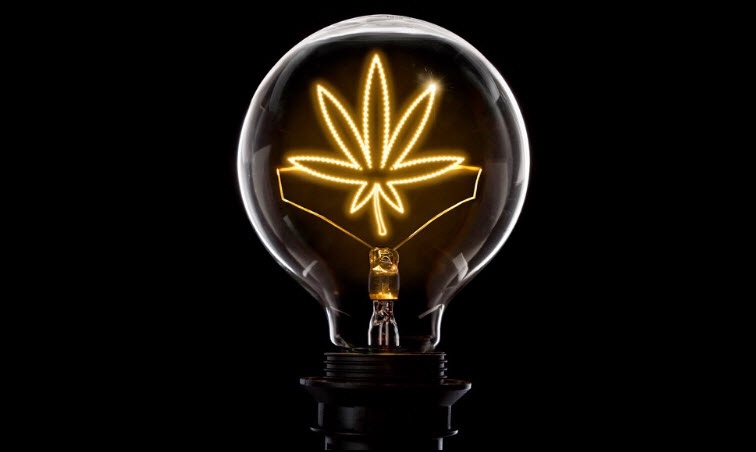
With federal rescheduling rumors circulating, and the California Senate Appropriations Committee moving a crucial cannabis excise tax rollback measure to a vote on the California Senate floor, recent scientific studies and surveys have continued to undercut the myths surrounding cannabis access and use, while revealing increased acceptance. Contrary to the position that permissive cannabis laws increase teen cannabis use, there has not been any significant rise in self-reported marijuana use by adolescents following the enactment of both medical cannabis access laws and adult-use marijuana laws, according to several studies. In the face of groups arguing against increased cannabis access because of imagined increases in motor vehicle accidents, according to data published in the journal Cannabis and Cannabinoid Research, the opening of marijuana retailers is not associated with any immediate increases in motor vehicle accidents. According to longitudinal data published in the journal Hypertension, cumulative lifetime cannabis use is not associated with an elevated risk of high blood pressure, consistent with other studies, and according to a meta-analysis of randomized placebo-controlled trials published in the Brazilian Journal of Pharmacognosy, CBD administration reduces blood pressure levels. Chronic pain patients receiving prescribed cannabis extracts significantly reduce their opioid consumption, according to longitudinal data published in the journal Pain Management, and in a study of more than 6 million cancer survivors published in JCO Oncology Practice, about 1 in 12 reported using cannabis, with nearly half of them saying they used cannabis for medical reasons. CBD appears to reduce symptoms of alcohol withdrawal and risk of relapse, while also providing neuroprotective effects, according to a new federally funded study published in the journal Nature. And according to a new large-scale study funded by the U.S. federal government, marijuana users have “superior performance across multiple cognitive domains,” with the effects of cannabis on cognition “presented concurrently across a range of brain systems.” Perhaps this is why younger Americans are increasingly using cannabis-infused beverages as a substitute for alcohol—with one in three millennials and Gen Z workers choosing THC drinks over booze for after-work activities like happy hours, according to a new poll conducted by Drug Rehab USA. We will see over the coming weeks and months whether our state and national governments can correct course to embrace cannabis use and access, and to reject the myths and stigma surrounding the plant.
